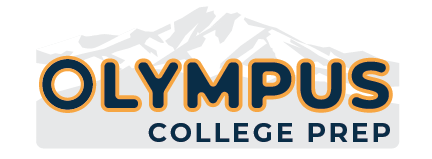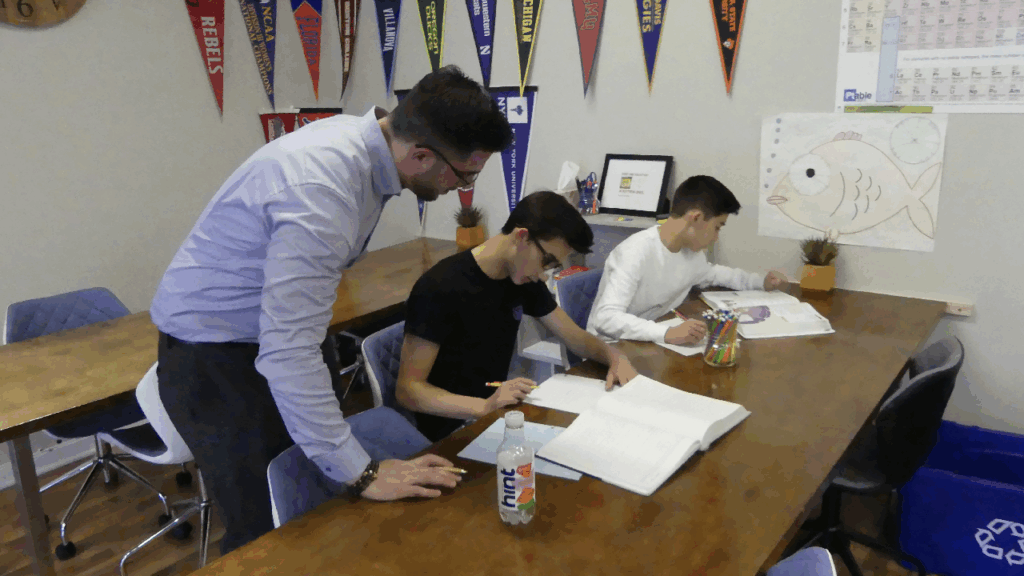
Unlocking Leadership Potential: Extracurriculars That Impress Top Universities
12 Apr 2025
The Power of Leadership in College Admissions
For families in Pleasanton, CA, navigating the complex world of college admissions, leadership is a defining factor that sets standout students apart. Prestigious universities, such as Stanford and the Ivy League, look for candidates who lead, create, and effect real change rather than only taking part in events. It’s not enough to be a club member or a team player; elite schools look for students who take initiative, influence others, and leave a lasting impact.
Too often, students engage in multiple extracurriculars without demonstrating true leadership. The difference between passive involvement and genuine leadership can make or break an application. Instead of merely attending meetings, students should aim to spearhead initiatives, solve real-world problems, and showcase measurable achievements.
Best Extracurriculars for Leadership Development
Student Government & Clubs
Holding an officer position in student government or a school club demonstrates organizational skills and the ability to lead peers. Founding a new club based on a passion—such as a business club at Foothill High School or an environmental advocacy group—shows initiative. Even within existing organizations, spearheading a major initiative, like a community fundraiser or a school-wide awareness campaign, elevates an applicant’s leadership profile.
Entrepreneurship & Startups
Launching a business, non-profit, or community initiative is one of the most impressive ways to demonstrate leadership. Whether it’s starting a tutoring service for local students or launching a tech startup, entrepreneurship signals creativity, resilience, and the ability to lead a team.
STEM & Research
 Leadership in STEM extends beyond acing AP Calculus or Science Olympiad. Taking on independent research projects, securing a mentorship at Lawrence Livermore National Laboratory, or leading a team in a science fair competition like the Contra Costa County Science & Engineering Fair showcases initiative and problem-solving skills. Even mentoring younger students in STEM fields can highlight leadership potential.
Leadership in STEM extends beyond acing AP Calculus or Science Olympiad. Taking on independent research projects, securing a mentorship at Lawrence Livermore National Laboratory, or leading a team in a science fair competition like the Contra Costa County Science & Engineering Fair showcases initiative and problem-solving skills. Even mentoring younger students in STEM fields can highlight leadership potential.
Community Service & Social Impact
Founding a nonprofit or leading a major community initiative demonstrates a commitment to social change. Organizing a charity event at the Pleasanton Farmers’ Market, launching a scholarship program, or advocating for environmental policies through city council engagement are powerful leadership experiences.
Competitive Sports & Team Captains
Athletic leadership isn’t just about being a talented player; it’s about guiding and inspiring a team. Being a captain of a Pleasanton Rage soccer team, leading a cheer squad, or mentoring younger athletes signals teamwork, responsibility, and resilience—qualities that resonate with college admissions officers.
Internships & Work Experience
Gaining hands-on leadership experience in real-world settings provides a competitive edge. Securing an internship with a local Pleasanton business, shadowing a CEO, or managing a community initiative allows students to develop leadership skills in professional environments, making them more attractive to top-tier universities.
Quality Over Quantity: The Power of Depth
Rather than joining a dozen clubs, students should focus on a few meaningful activities where they can grow and make an impact. Depth, not breadth, is what impresses admissions officers. Universities prefer applicants who commit to long-term projects and showcase tangible results, whether it’s increasing membership in a club, winning an award, or securing funding for a nonprofit.
Tracking progress is crucial. Students should document leadership milestones—funds raised, events hosted, membership growth, or policy changes implemented—to create a compelling narrative in applications.
Crafting a Leadership Narrative for College Essays
A strong college essay should highlight a student’s leadership journey in a way that’s engaging and authentic. Rather than listing achievements, students should tell a story that illustrates their impact. For example, a student who launched a mentorship program for underprivileged kids could describe the challenges faced, the leadership skills developed, and the tangible outcomes achieved.
Admissions officers are drawn to essays that demonstrate personal growth, initiative, and the ability to lead change. The key is to focus on the challenges overcome, the leadership approach taken, and the real-world impact made.
How Parents Can Support Leadership Growth
Parents play a crucial role in fostering leadership by encouraging passion-driven initiatives rather than resume padding. Here are some ways parents can help:
- Encourage autonomy: Let students take ownership of their initiatives rather than micromanaging their involvement.
- Connect with mentors: Help students find inspiring role models in their fields of interest.
- Provide networking opportunities: Introduce students to professionals or organizations that align with their passions.
- Support meaningful projects: Invest in activities that align with a student’s strengths and long-term goals.
- Celebrate perseverance: Teach students that failure is part of leadership growth and that resilience is key.
Helping Your Child Stand Out in College Admissions
 Top universities appreciate leadership above all else in the competitive college admissions market of today. Instead of just racking up extracurricular activities, Pleasanton parents who wish to offer their kids a competitive edge should concentrate on creating meaningful, profound leadership experiences.
Top universities appreciate leadership above all else in the competitive college admissions market of today. Instead of just racking up extracurricular activities, Pleasanton parents who wish to offer their kids a competitive edge should concentrate on creating meaningful, profound leadership experiences.
At Olympus College Prep, we specialize in guiding students to build standout leadership profiles that impress elite universities strategically. From personalized coaching to hands-on leadership development, our experts help students craft compelling applications that showcase their unique strengths.
Contact us today to learn how we can help your child maximize their leadership potential and secure a spot at their dream university.





